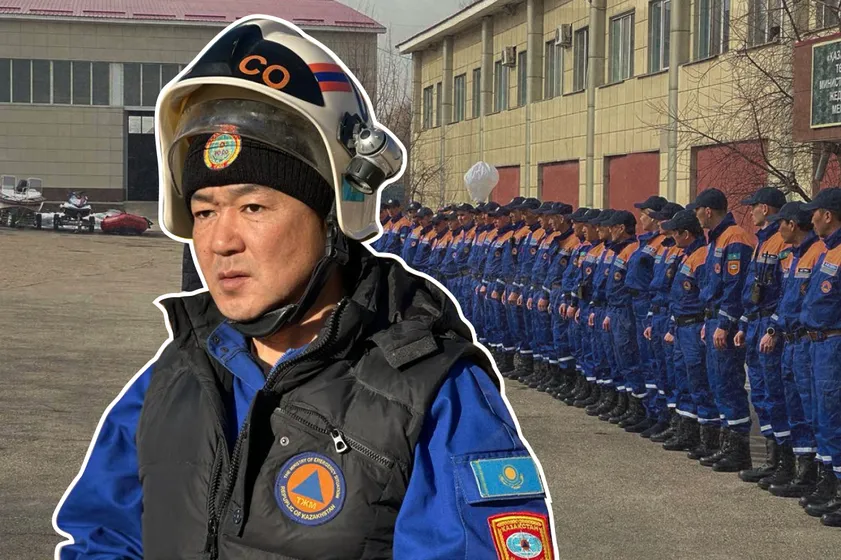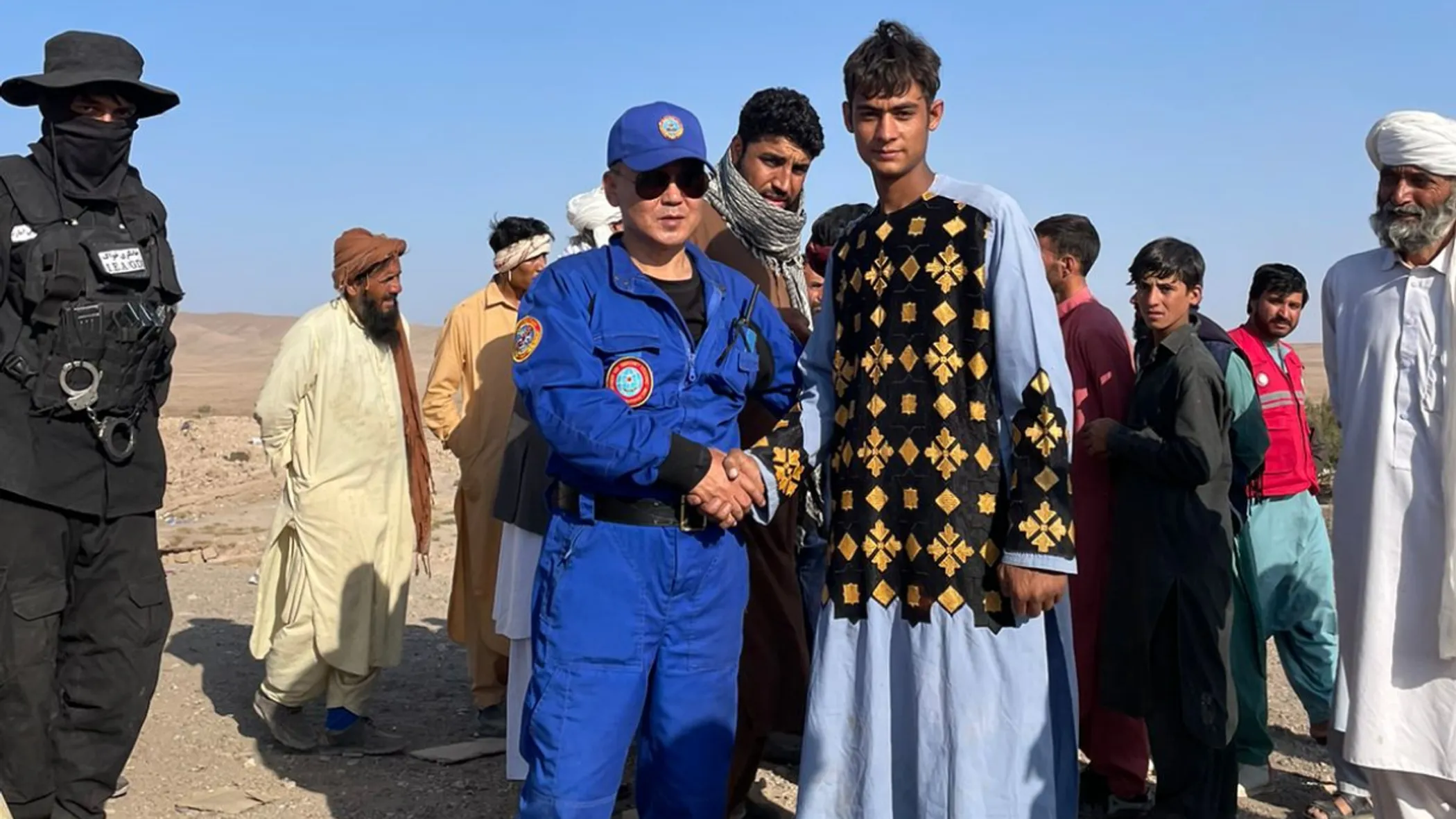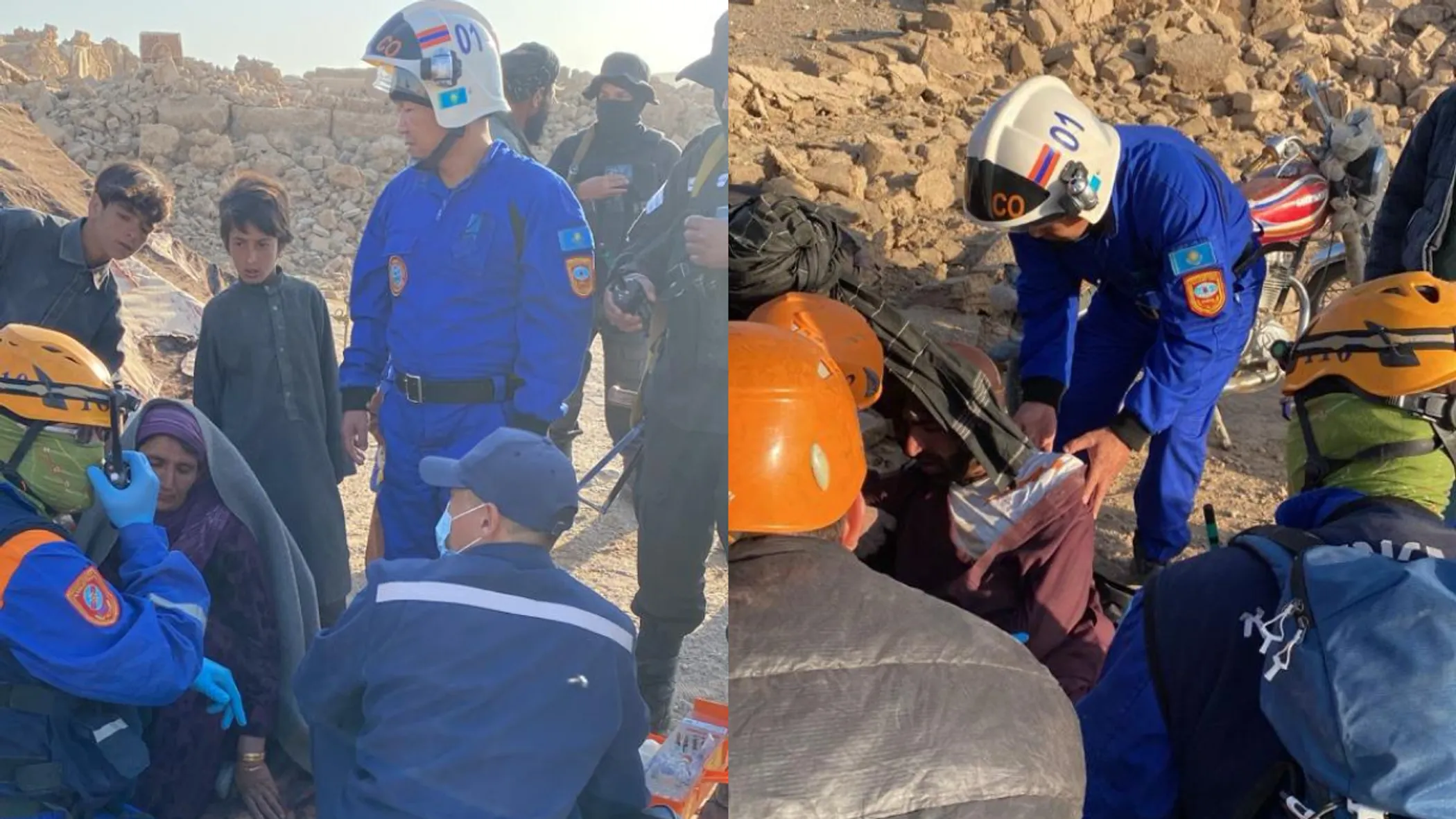In 1988, Soviet Armenia was struck by the devastating Spitak earthquake, and the call for help rang out across the entire Union, to bring emergency rescuers from all over the country. Among them was Vladimir Tsoy. Over three decades have passed since then, during which numerous distress calls have been answered.
Yet, Mr. Tsoy remains steadfast in his commitment to assisting those in need. Nowadays, he holds the position of Head of the Republican Operational Rescue Team, headquartered in Almaty. In this capacity, he oversees our country's rescue operations for both natural and man-made disasters and is responsible for staff training.
On October 19, Kazakhstan celebrated National Emergency Rescuer's Day, honoring the bravery and dedication of our rescuers. To mark the occasion, the QazMonitor reporter sat down with Mr. Tsoy, who just recently returned from earthquake-affected Afghanistan, discussing his professional path, the qualities that define a rescuer, and the experiences he and his team encountered during their international missions in Turkiye and Afghanistan.
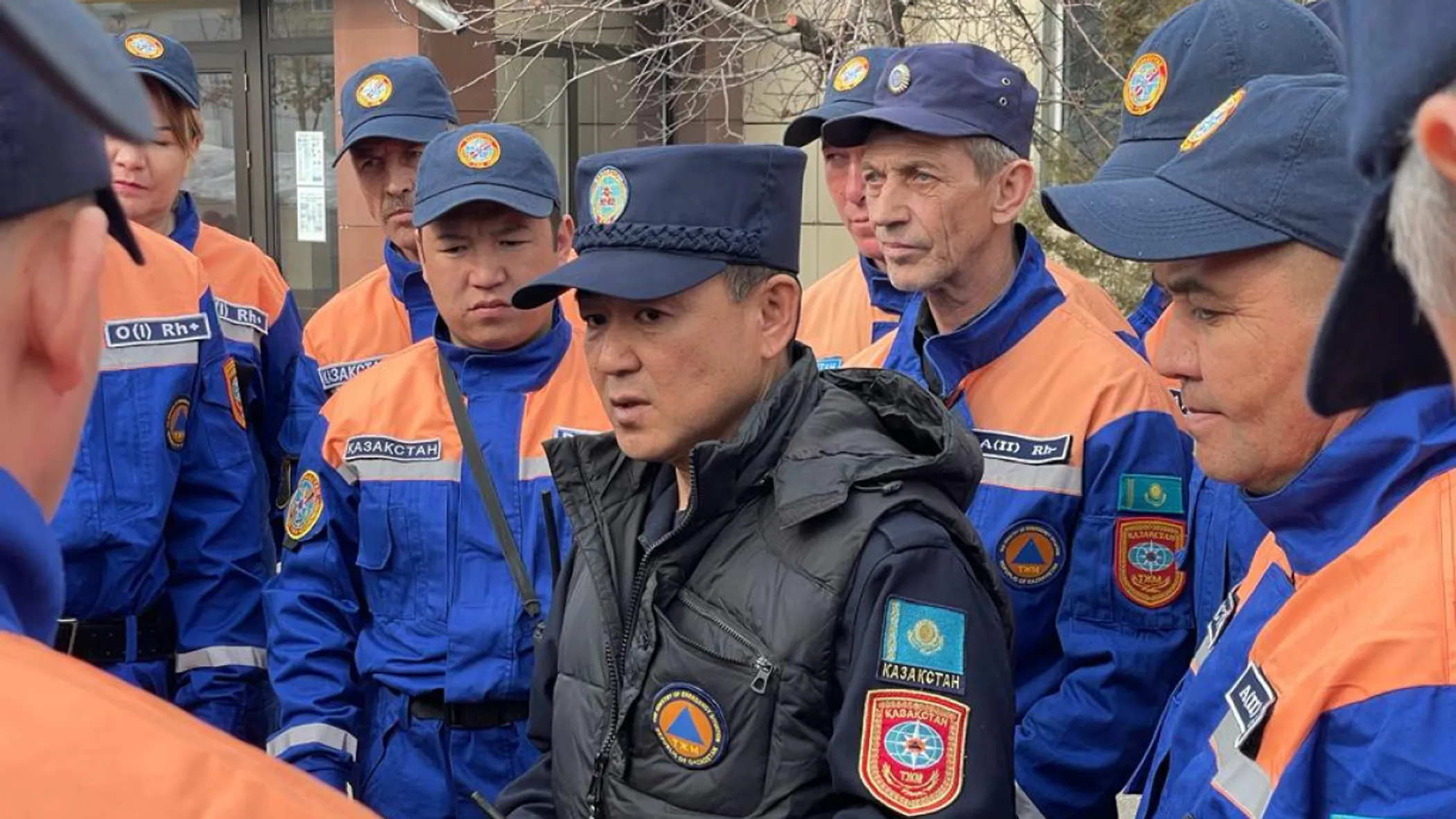
Did you want to become a rescuer from very early on in your life?
I wouldn't say that I wanted to become a rescuer from a very early on, but I was compelled to do so because of my outlook on life. The desire to help and lend a hand to people facing different life situations when they need emergency assistance has always been a part of me.
It so happened that in '88, I served in the army, and in December, there was an earthquake in Armenia. We, as soldiers, were sent there to help the people. That was the first time I witnessed an earthquake. The second time was in Turkiye in February of this year, and just recently, on October 14, I returned from earthquake-struck Afghanistan.
What was the situation like in Turkiye and Afghanistan?
In Afghanistan, we for the first time encountered an earthquake that affected kishlaks – remote rural settlements [QM. — on October 7 this year, the country was struck by a series of earthquakes]. We flew to Herat and then proceeded to Naib Rafi. That was about 50-60 kilometers from the city.
That's when we saw it. There were around 700 houses in the area, and all of them had been destroyed. These were all single-story mudbrick houses, and there was a lower chance of survival due to everything being constructed from clay, as it could obstruct the respiratory tract and make it difficult for a person to breathe. We took special equipment–hydraulic, pneumatic, and electric tools–but they didn't come in handy, as we worked mostly by hand, with shovels and picks. We cleared the rubble of 211 houses.
It was the first time we saw such a thing and it was a lesson for us. We learned something from it, but at the same time, it was just distressing to look at that whole situation.
According to international standards, when we go somewhere abroad, it is a ten-day assignment, and we bring everything required for autonomous living. And there was a notable difference compared to Turkiye where we received a lot of help [QM. — On February 6, 2023, Turkiye and Syria were hit by a series of earthquakes]. Many of our volunteers, students, and even journalists joined us. We didn't require anything there because we were supplied with hot food, beverages, and even gloves – we had to change them due to the work involving handling corpses.
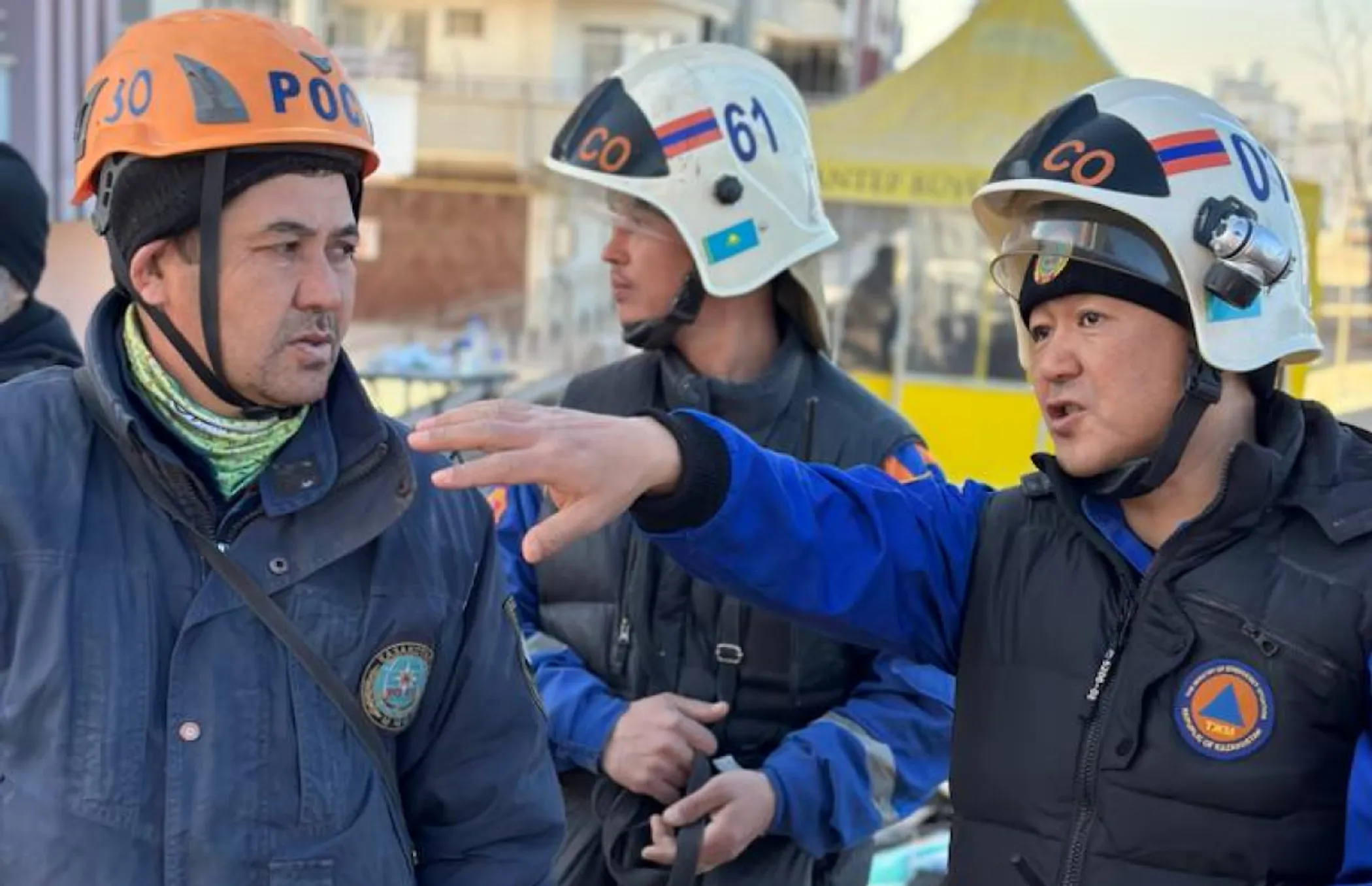
In Turkiye, we were taken to the city of Gaziantep and shown the demolished buildings we had to work with, which had folded down by three stories. Meaning that a seven-story building had collapsed, with the first to third floors falling through. The gap between the floor and the ceiling was about 35 centimeters, the rescuers had to pull out survivors. The entire building was severely tilted, posing a constant threat to the rescuers' lives.
There was a constant tension. We worked 24 hours a day and did not leave the facilities for a minute. During the day, there were frequent aftershocks. Just imagine, the building is tilted, constant aftershocks occur, and we are working underneath it – I realized that if there was an aftershock, we could’ve gotten buried. But I also realized that with collapsed buildings mostly made of reinforced concrete and the beams and reinforced concrete structure collapsing at specific angles, a person would have a better chance of survival. So, we managed to rescue seven people.
And, of course, in Turkiye, whenever I requested something, they would provide us with excavators, jackhammers, and tractors. The work was undeniably dangerous, but at the same time, everything we needed was provided.
How does the emergency rescue selection selection process work? You yourself once passed the selection process. Now, being the head of the Squad, what qualities do you look for in a person?
When we interview candidates for a position, typically twenty people would apply, and after the interview, only ten would remain. From this group, about five will be hired, because just wanting to work for us is not enough – candidates also need a particular skill set, the ability to react quickly, physical fitness, and, of course, emotional stability. These are the qualities that define a rescuer.
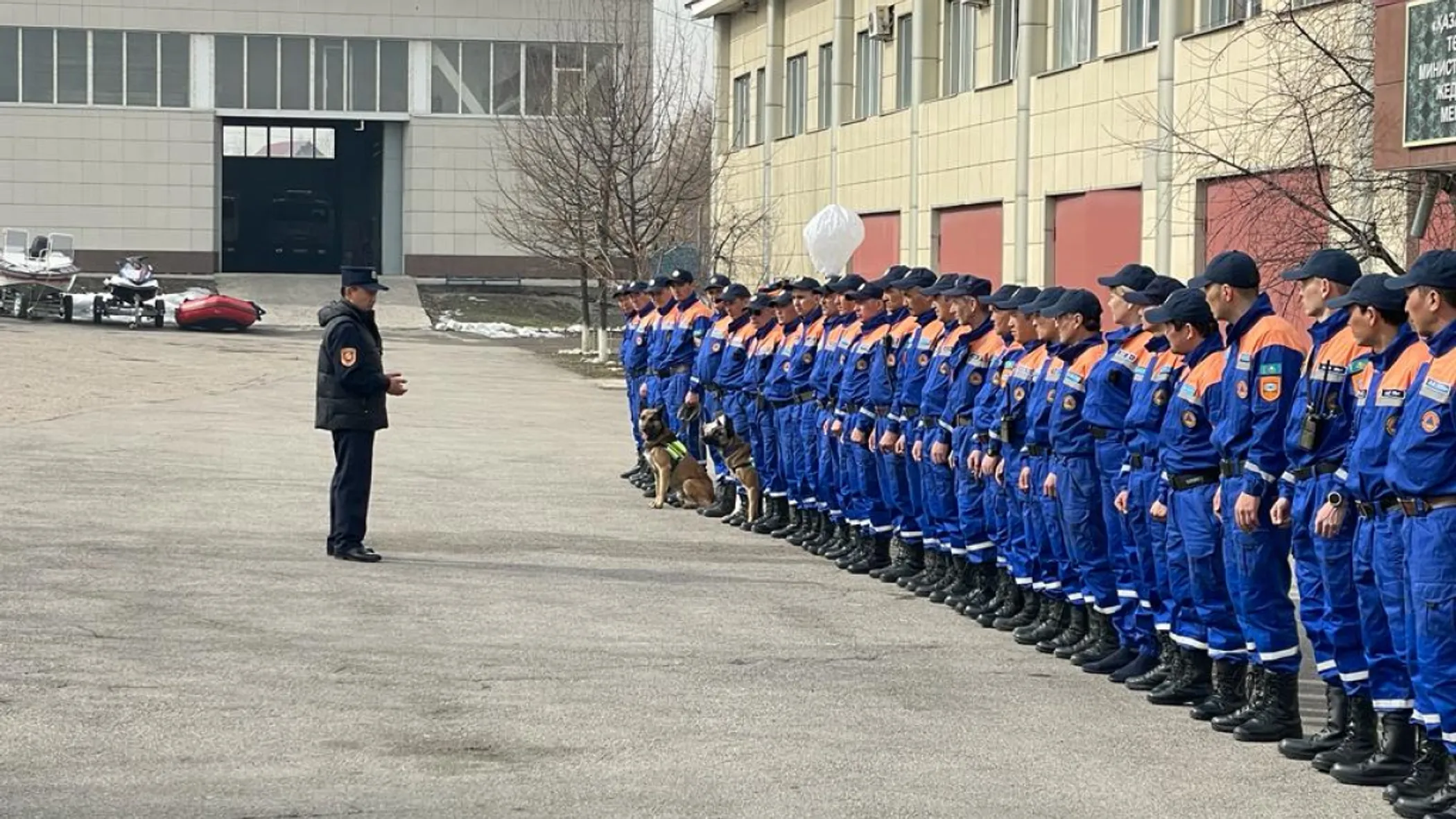
During an interview, I always ask what other related specialties candidates have beyond what is listed on their diplomas. In our squad, for instance, we have a diver who is also a mountaineer. That's because we often rescue people in the mountains.
Sometimes, a rescuer is also a paramedic, a welder, and a dog handler. For example, why do we need a rigger? In an earthquake, our rescuers need to know how to properly sling and where to secure or not secure the bags. These are the kinds of specialties we have and require.
You mentioned that our rescuers often work in the mountains. Can you name the places in Kazakhstan where accidents occur most frequently?
Well, we’re mostly active in the mountains. Just recently, we rescued two lost individuals also in the mountains – our team located them at night, brought them down, and ensured their safe return home. Many of those we rescue are foreigners; for instance, we've successfully pulled out alive people from Germany out of difficult situations. They still write letters of thanks.
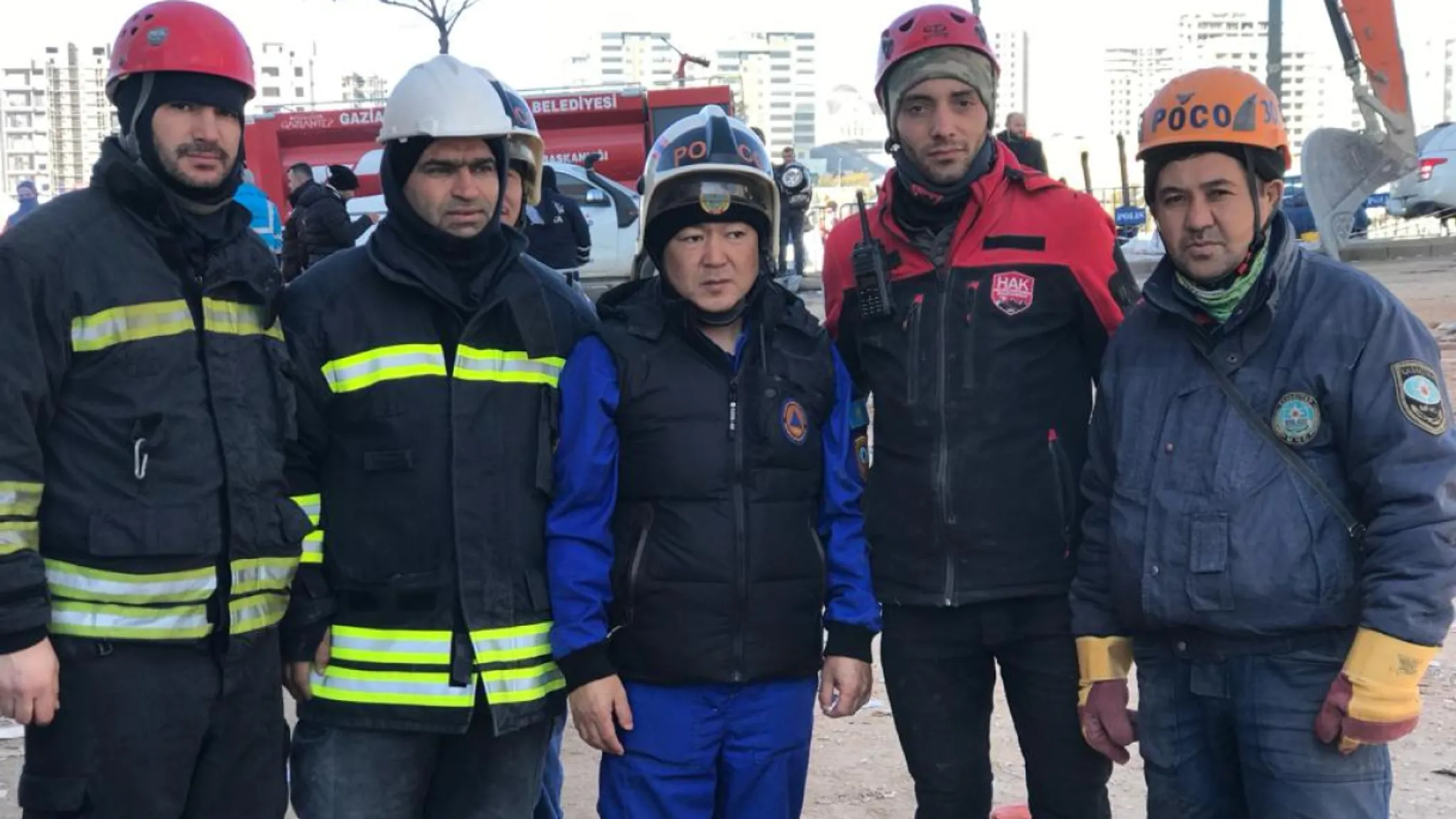
We also have traffic accidents every day. For instance, we receive reports about incidents on the highway leading to the Kyrgyz Republic, where people often get trapped in cars. Sometimes, passersby have already helped the victims, but in situations where specialized tools are required, we step in to provide assistance.
I cannot detail every case because each emergency is unique and distinct from the others. Every time, we face a unique challenge, and from each experience, we gain valuable lessons. Following every call and rescue operation, whether in Afghanistan, Turkiye, or elsewhere, we conduct debriefings to analyze what we could not have foreseen.
What advice do you have for people in a disaster zone? What do you need to do to wait for the emergency services?
My advice is not to panic. That's first and foremost. Then, immediately call +112, and seek help. I’d like to emphasize it once again: the first and foremost thing is to avoid panic. In about 90% of cases, when a person panics, they stop thinking about what to do, increasing the risks to their health and life.
Have you ever wanted to change your profession?
I’ve been in this line since '94, starting with the regional water rescue service, and never had such thoughts, and if I had, I would have changed jobs long ago. Not counting the two years of military service, I've dedicated twenty-nine years of my life to working in this system, and I haven't had such thoughts yet.
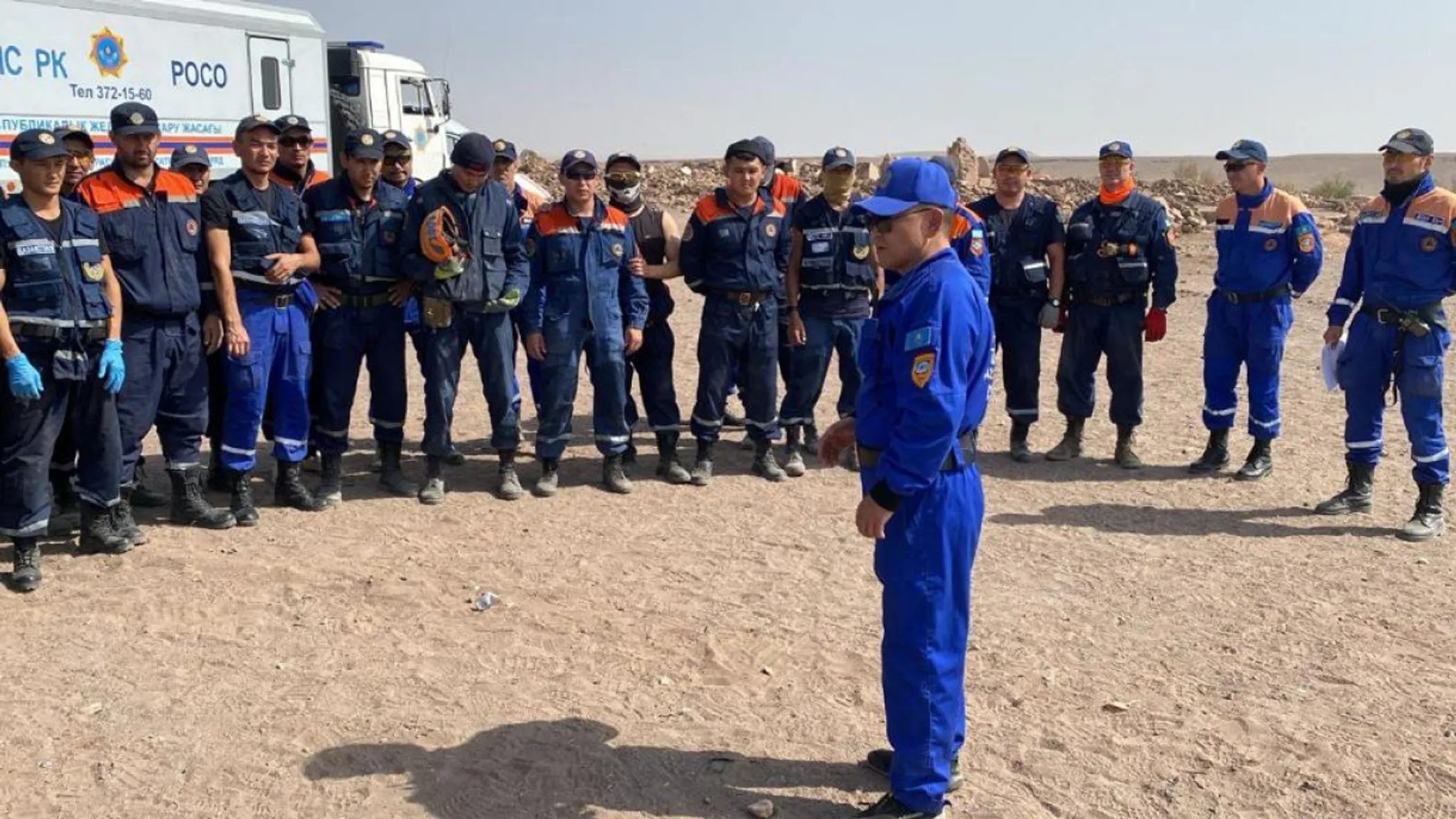
Since the establishment of the Team, we have successfully rescued 5,768 people and completed 7,246 missions. This year, we've already conducted 247 missions, rescuing 197 individuals. This is why I believe that all the risks associated with this work are not in vain – we have saved so many lives. For me, this is the reason I've been a rescuer for more than half of my life.
In conclusion, the Republican Operational Rescue Team is always present where the situation is most challenging. Even in the most difficult and non-standard situations, we consistently prove our ability to act fearlessly, decisively, and professionally. We remain prepared to undertake immediate rescue missions both within our state and beyond, ensuring the safety of our citizens.
